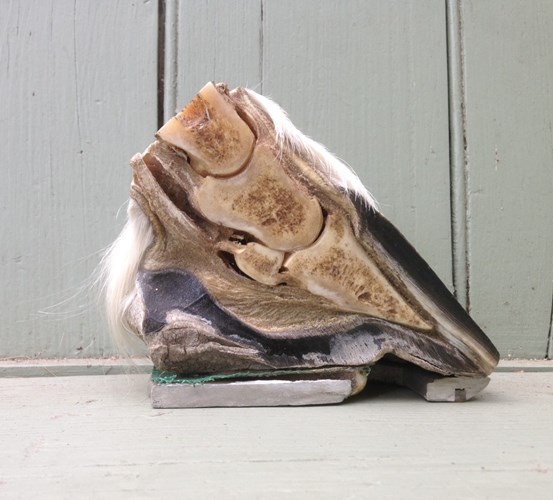Course Information
Does bad foot confirmation cause lameness in horses?
“Hoof balance” or “foot balance” is probably one of the most used, sometimes misused, terms in the equine industry. Most veterinary surgeons and farriers think that a large proportion of lameness in horses can be prevented or treated with corrective trimming and shoeing. A horse should therefore have a foot configuration that corresponds to the animal’s size, conformation, limb movement and athletic use. However, what is actually “normal” is not conclusively agreed on because many factors are not considered. In the first half of this lecture, David M. Bolt, Senior Lecturer in Equine Surgery, will provide an overview over the most common concepts of assessing foot balance in horses and explain why a basic understanding of this topic is very important for horse owners.
To shoe or not to shoe – that is the question
Using sensor-based technology, it is possible to apply evidence-based foot care, be it in the unshod or shod horse, using both traditional and modern materials in a proactive rather than reactive manner. In the second half of this presentation Peter Day will look at new to the market products, their application, and how they may improve posture and symmetry in the horse. Peter Day is an experienced and skilled farrier and part of RVC Equine. He is a keen researcher and a graduate of the RVC Diploma in Equine Locomotor Research. Peter has participated in numerous research projects with the most recent being an "Investigation into whether different horseshoes and surfaces influence hoof and limb kinematics in galloping racehorses".
2023 lectures now available as recordings:
Wednesday 1st March - Keeping horses healthy: Preventative healthcare
Wednesday 2nd August - Brushing up on tying up: Muscle disorders
Wednesday 4th October - Strains and sprains: Tendon and ligament injuries
Wednesday 6th December - Upper airway noise - what does it mean?
David Bolt, Dr.med.vet MS DipACVS DipECVS ECVDI LAIA FHEA MRCVS
Senior Lecturer in Equine Surgery
The Royal Veterinary College
Peter Day, Dip WCF
Farrier


